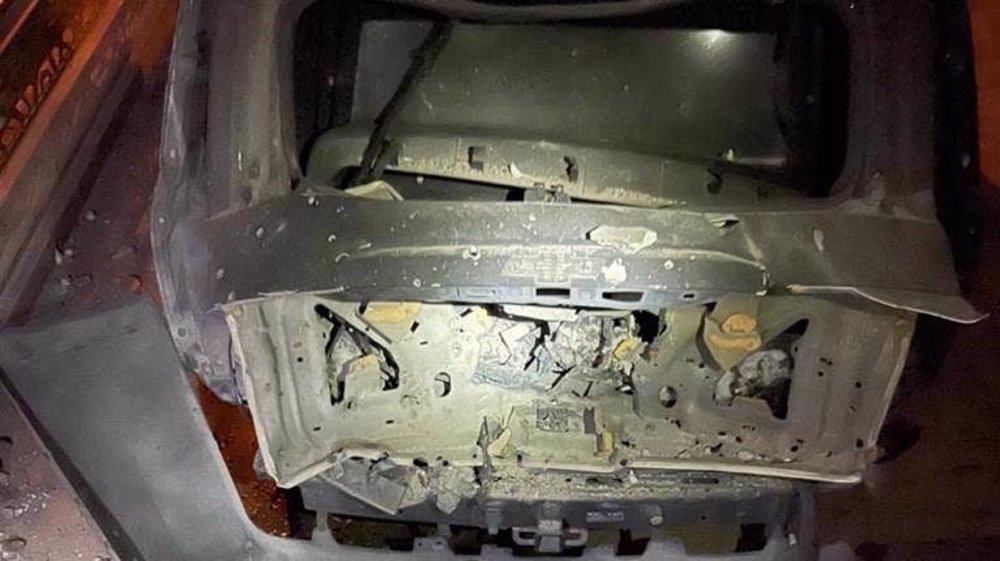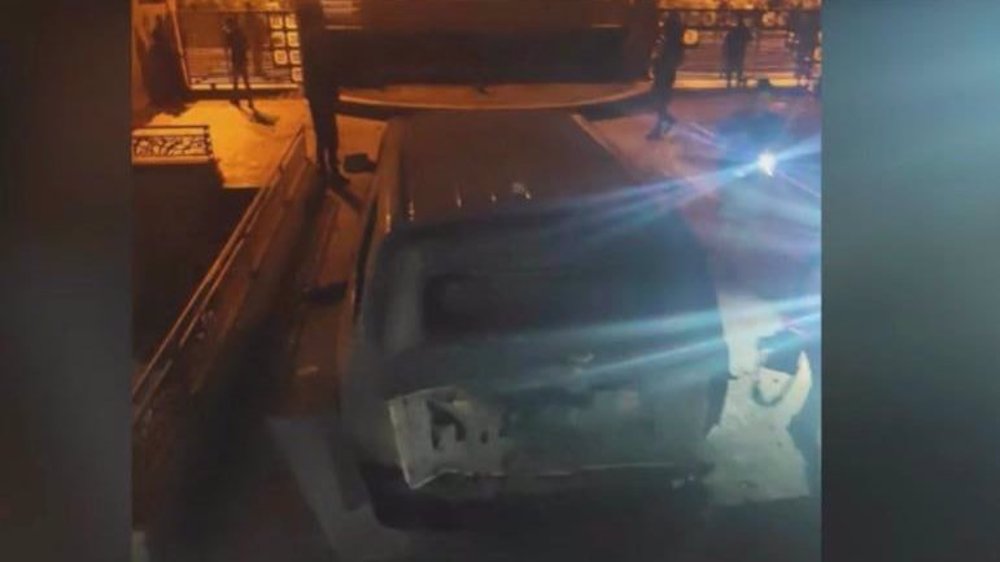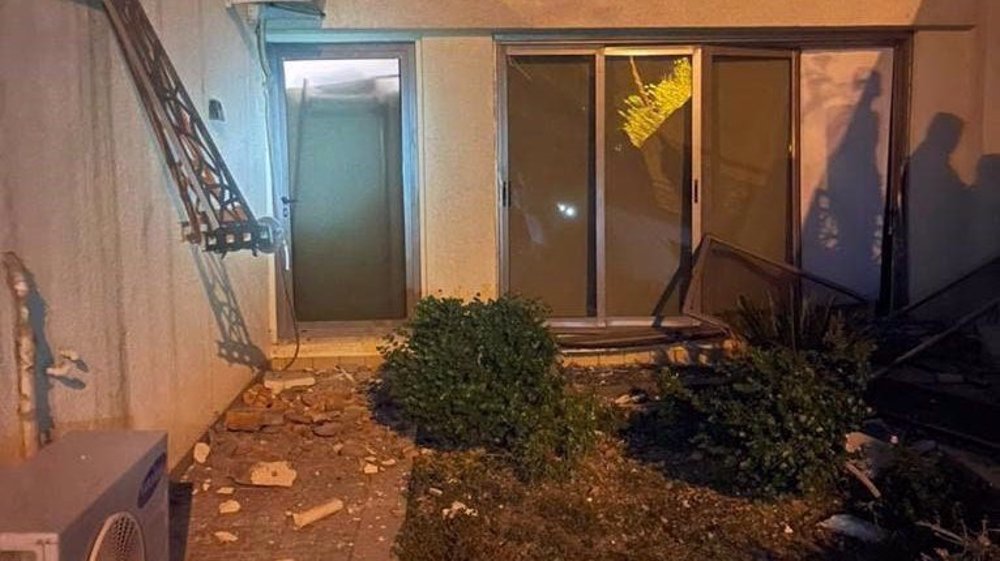Why were US defense systems deactivated during Baghdad drone attack?
The spokesman for the Iraqi Joint Operations Command has raised questions about the inactivation of the US military’s C-RAM systems used to detect and destroy incoming rockets and flying objects, as a drone laden with explosives targeted the residence of Prime Minister Mustafa al-Kadhimi in Baghdad’s high-security Green Zone.
“We are currently discussing the matter with the American side and officials from the US embassy. This is an issue that experts should throw light on and explain,” Major General Tahsin al-Khafaji said on Sunday.
A statement released by the Security Media Cell, affiliated with the Iraqi prime minister’s office, said Kadhimi was subjected to a failed assassination attempt with a booby-trapped drone early Sunday.
The statement said the drone attack targeted his residence, but the Iraqi prime minister was “unharmed” and is “in good health.”
A spokesman for the al-Sadiqoun bloc, the political wing of Asa'ib Ahl al-Haq resistance group, later reacted to the purported assassination attempt on Kadhimi.
“The fictitious explosion and gunfire were meant to conceal yesterday's crimes, and destined to engage the public attention,” Mahmoud al-Rubaie wrote in a Twitter post.
While the Security Media Cell speaks of a drone attack, Kadhimi’s tweet cites missiles. All this happened while US C-RAM defense systems were inactivated, Rubaie commented.
The news about the failed assassination attempt on Kadhimi drew reactions from Abu Ali al-Askari, a senior commander of the Iraqi anti-terror Kata’ib Hezbollah group, which is part of the country’s Popular Mobilization Units (PMU).
“According to our reliable information, no one in Iraq is willing to squander a drone and fly it over the former prime minister’s residence. Playing the victim is a time-worn tactic, which is history now,” he said in a Telegram message.
“Even more ridiculous is the fact that he calls on the nation to show restraint and calm. Who should be worried? Who has lost his control?” Askari said.
Some observers and analysts say there are indications that suggest the failed attempt is distrustful.

“The US Embassy activates its C-Ram missile defense system and sounds sirens any time there is an attack in the Green Zone of Baghdad. This time the siren was heard, and it was sounded only after the explosion,” Mohammad al-Hamad, a producer and presenter for Iraq’s Arabic-language Afaq satellite network, wrote in a series of posts published on his Twitter page.
The first media outlet to cover the incident was the Saudi-owned al-Hadath television news network, and the channel tried to implicate Qais al-Khazali, leader of Asa’ib Ahl al-Haq group, over his opposition to the incumbent Iraqi administration led by Kadhimi, Hamad said.
He went on to say that al-Hadath TV and its sister channel al-Arabiya have at times sought to drag Iraq into chaos and sedition, describing the circumstances surrounding the failed assassination attempt on Kadhimi as a low-budget movie.
VIDEO | Rome, Milan host new protests in solidarity with Palestinians
Dec. 21: ‘Axis of Resistance’ operations against Israeli occupation
Spain jurists demand ties with Israel ties be cut
VIDEO | Press TV's news headlines
VIDEO | Iran honors top Science Olympiad medalists
VIDEO | Austrians arrested at Gaza protest in Vienna
10 killed in bus crash in western Iran
VIDEO | One-man-band journalism with Civili











 This makes it easy to access the Press TV website
This makes it easy to access the Press TV website